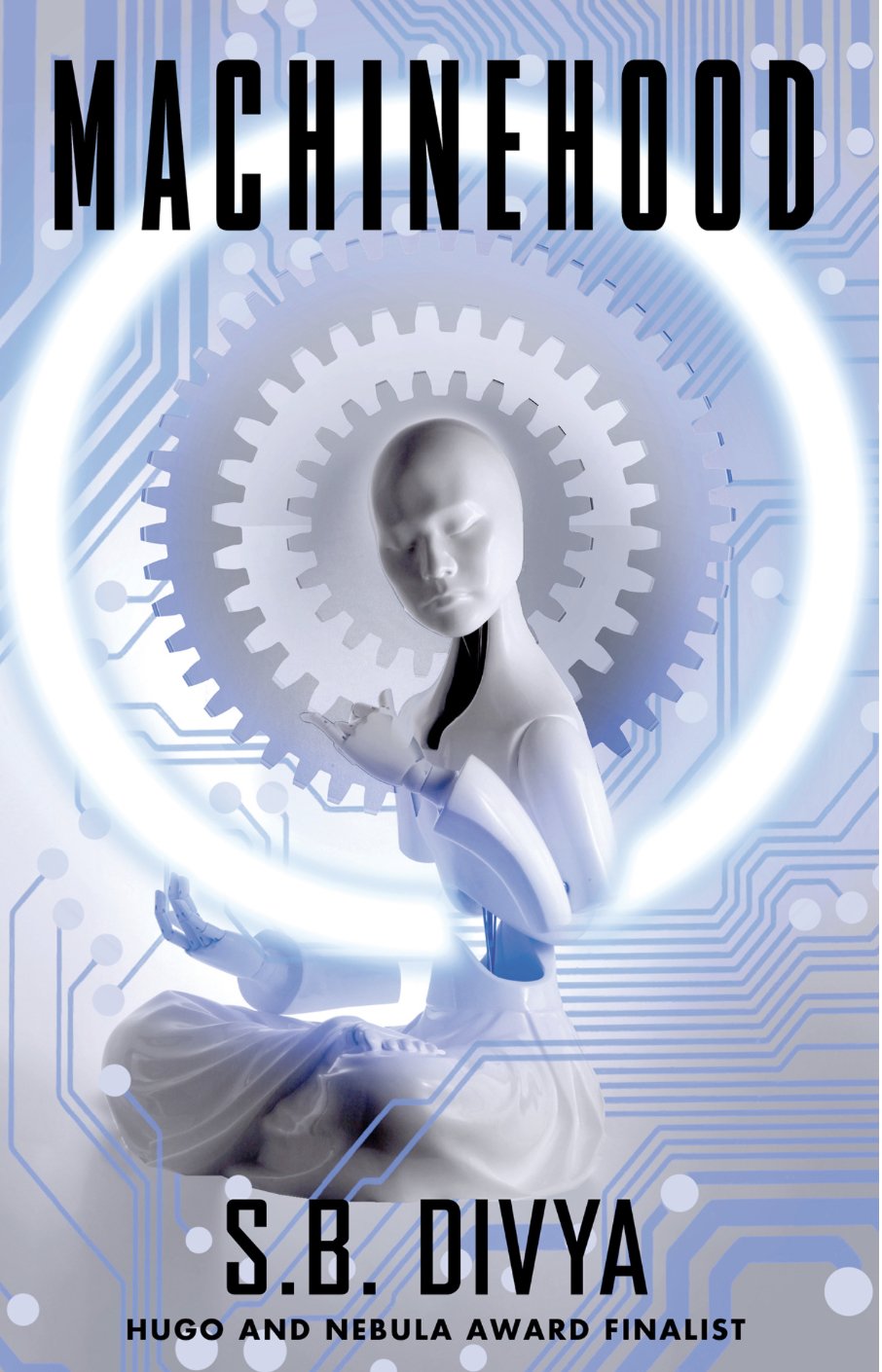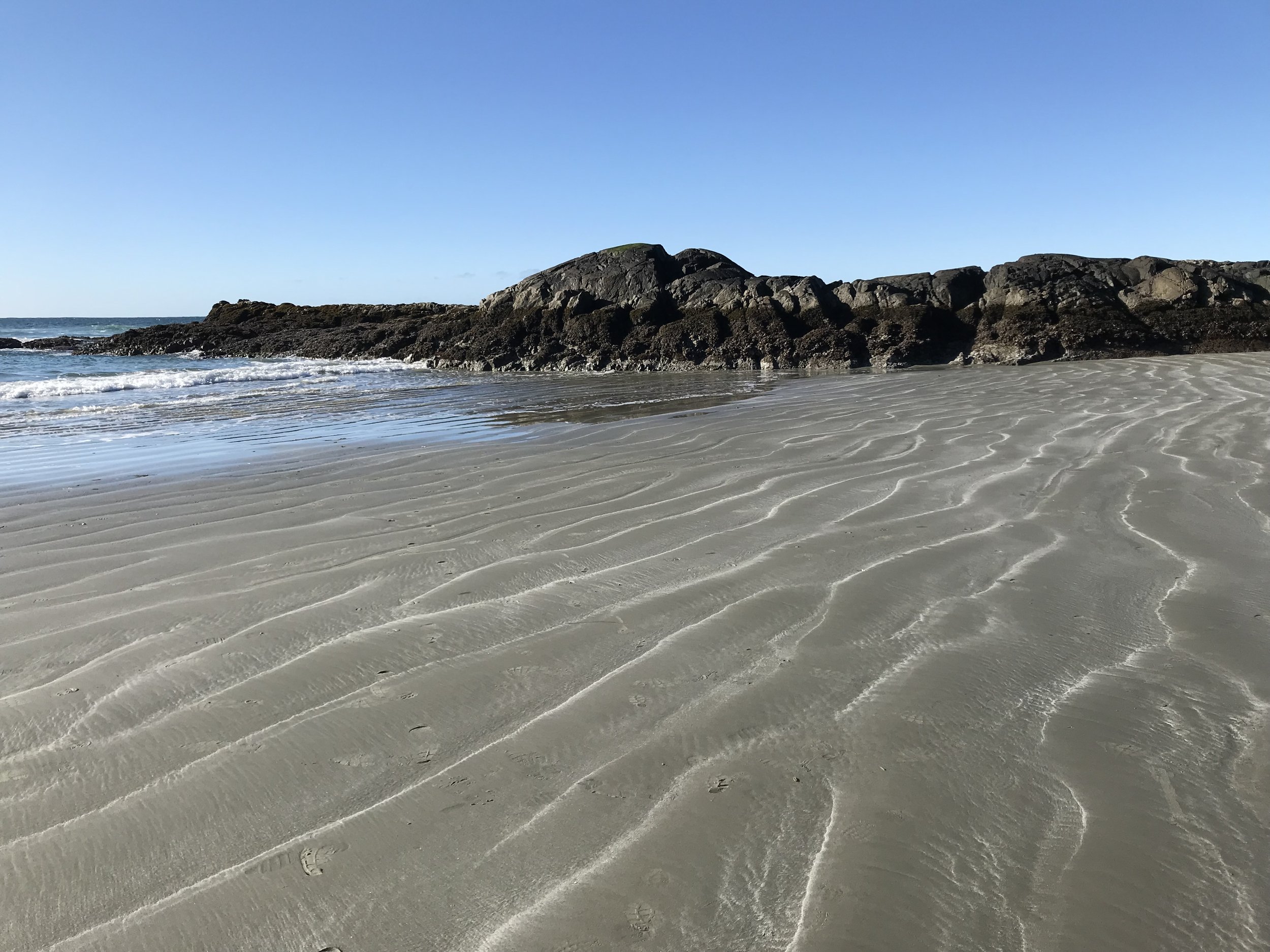
Writing With a Broken Tusk
Writing With a Broken Tusk began in 2006 as a blog about overlapping geographies, personal and real-world, and writing books for children. The blog name refers to the mythical pact made between the poet Vyaasa and the Hindu elephant headed god Ganesha who was his scribe during the composition of the Mahabharata. It also refers to my second published book, edited by the generous and brilliant Diantha Thorpe of Linnet Books/The Shoe String Press, published in 1996, acquired and republished by August House and still miraculously in print.
Since March 2024, Jen Breach (writer, VCFA graduate, and former student) has helped me manage guest posts and Process Talk pieces on this blog. They have lined up and conducted author/illustrator interviews and invited and coordinated guest posts. That support has helped me get through weeks when I’ve been in edit-copyedit-proofing mode, and it’s also introduced me to writers and books I might not have found otherwise. Our overlapping interests have led to posts for which I might not have had the time or attention-span. It’s the beauty of shared circles.

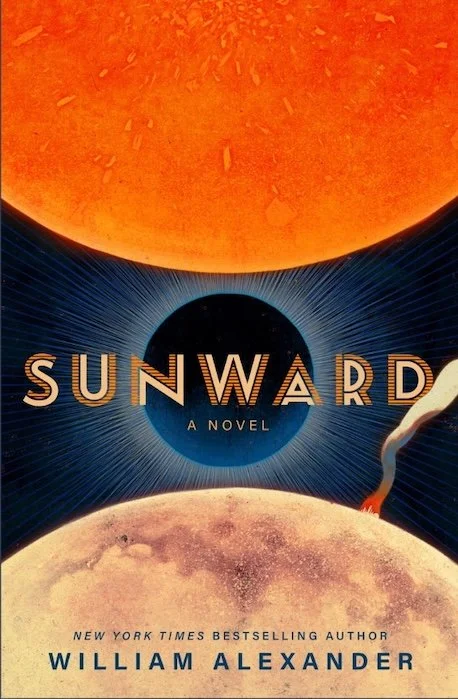
Guest Post: William Alexander on Sunward
When I taught at VCFA, I had the pleasure of serving on faculty with plenty of smart, informed, talented writers. Among them was William Alexander. Will is the author of Goblin Secrets (a National Book Award winner), Nomad, A Properly Unhaunted Place, and other novels, as well as chapter books both fiction and non.
Now he’s written a book for grownups, Sunward, in which the protagonist, Tova Lir, is a planetary courier responsible for training adolescent androids.Is this space opera, or cozy sci-fi? Maybe it’s both. In the world of Sunward, robotic kids need care, nurturing, raising, much like human kids. The novel is set in a solar system racked by interplanetary conflict in the wake of an explosion on Earth’s moon. In the best sci-fi tradition, this is at once our world, and not.
Allow me a brief digression. This blog, Writing With a Broken Tusk, is named for a boy who was made, not born. That’s the essence of the origin story (over a thousand years old) of Ganesha/Ganesh, the elephant headed god of Hindu tradition. The goddess Parvati made him—from earth, in some tellings and in others, from dirt and/or skin cells sloughed off her own body. A post about a book that deals with raising robotic foster children felt like a good fit here.
In Sunward, fiction creates dynamic possibilities out of the dismal future projections that inundate us. It also contains implications for real children. Thank you, Will, for indulging me and writing this guest post for WWBT.
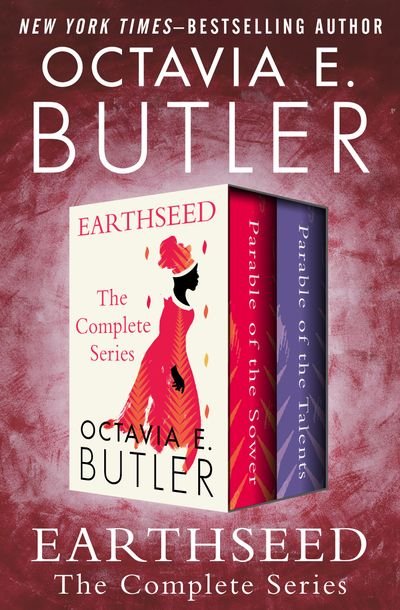
Alone Together: The Magic of Shared Reading—Part 1
I joined a book discussion last month through the Democratic Party’s Global Women’s Caucus. The book we all read is an iconic text—Parable of the Sower by Octavia Butler, which I’ve focused on earlier in this blog. The first of the trilogy, it was published in 1993, and behold! The years that it’s set in have become our present.
“The wall before me is burning. Fire has sprung from nowhere, has eaten in through the wall, has begun to reach toward me, reach for me.”
Fire dreams feel like the reality of our time. (For more on a fictional depiction of fire in our pyrocene age, see Caroline Starr Rose’s reflections on her novel, The Burning Season.) But fire is just one of the elements that make Butler’s work feel astonishingly prescient.
One thread we discussed was the struggle between the comforts and costs of living in the modern industrial world. The protagonist, Lauren Olamina, dreams of the stars:
“The Destiny of Earthseed is to take root among the stars,” I said. “That's the ultimate Earthseed aim, and the ultimate human change short of death. It's a destiny we’d better pursue if we hope to be anything other than smooth-skinned dinosaurs—here today, gone tomorrow, our bones mixed with the bones and ashes of our cities, and so what?”
In reality, look how that dream, which feels so boldly innocent in Butler’s telling, has now been coopted by shamelessly rich men toward their own selfish ends.
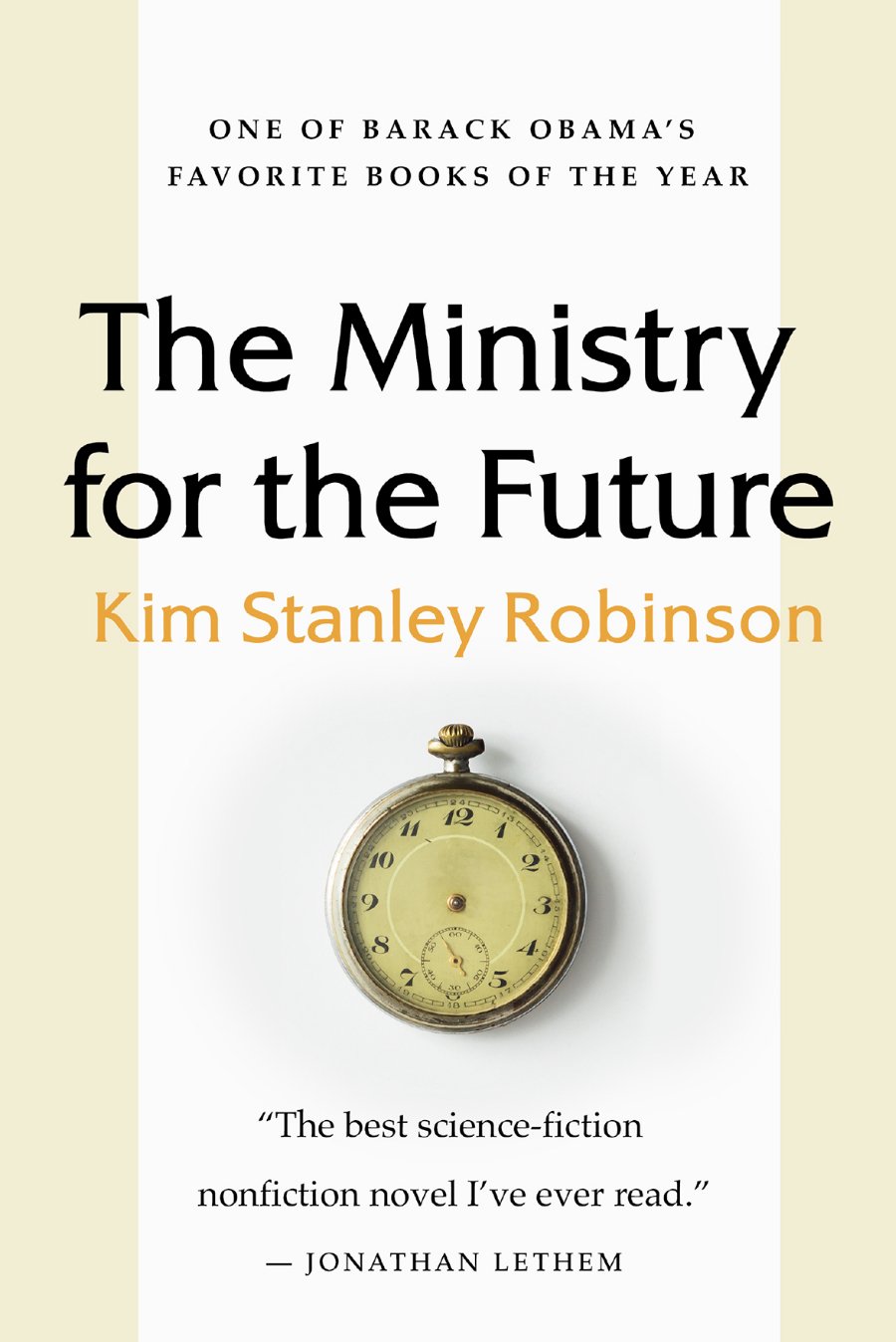
Reading the Future in Situ
Not for the first time, I’m wondering if it was a good idea to read Kim Stanley Robinson’s The Ministry for the Future while visiting India. In the book, the temperature hits 42° C in Delhi (that’s over 107° F). The protagonist, working for an NGO, persuades the locals to go dip in a lake, which turns out to be hellishly warm and dreadfully polluted.

What Makes Us Who We Are? The Ugly Little Boy by Isaac Asimov
Isaac Asimov’s short story, “The Ugly Little Boy,” was one of his own favorites, a tale of a nurse and the little Neanderthal child she’s been hired to care for. In Asimov’s words:
…I have received letters from people who say that they cried when they read the last part of the story, and I always answer and say well I'm glad they did because I cried when I wrote it and in fact I cried when I just read it, so I guess it means something to me.
I read “The Ugly Little Boy” not in its first appearance in Galaxy magazine under title “Lastborn” but in the Nine Tomorrows collection. The Neanderthal child has been brought via time travel to a specially constructed lab to be studied.
